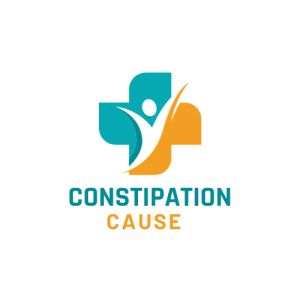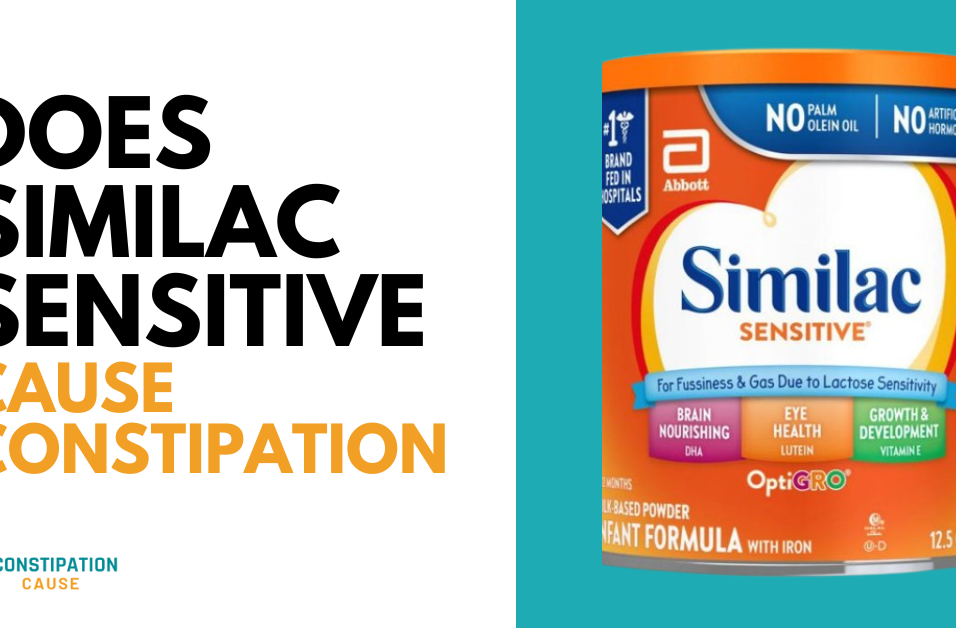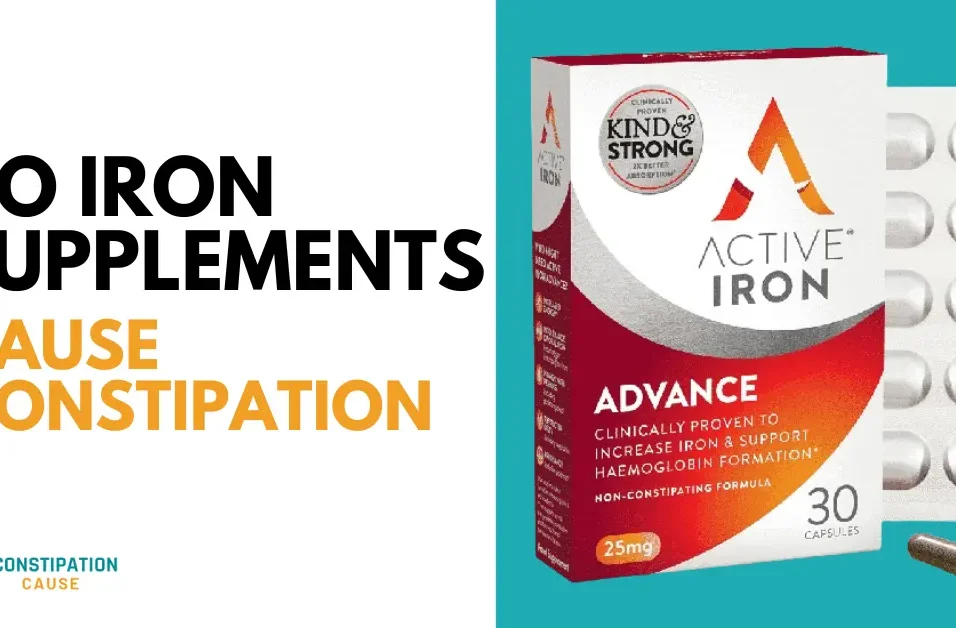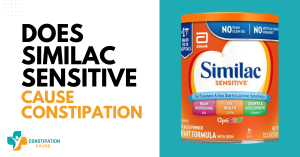In recent years, meal replacement shakes have surged in popularity as convenient options for busy individuals seeking nutrition on-the-go.
These shakes offer a quick and easy way to satisfy hunger and meet dietary needs without the hassle of meal preparation.
However, amidst their convenience, concerns have arisen regarding their potential impact on digestive health, particularly in relation to constipation.
Therefore, this article aims to answer can meal replacement shakes cause constipation?
Can Meal Replacement Shakes Cause Constipation?
Yes, meal replacement shakes can potentially cause constipation due to factors like fiber content, sugar and sweeteners, and protein types. Understanding these components can help manage digestive health when consuming meal replacement shakes.
In order to find out ‘can meal replacement shakes cause diarrhea?’ one needs to examine specific components of meal replacement shakes that might play a role in this digestive discomfort:
1. Fiber Content:
When it comes to meal replacement shakes, the amount of fiber they contain can significantly impact bowel movements. Higher fiber content can promote regularity, while low fiber content may contribute to constipation.
2. Sugar and Sweeteners:
The presence of sugar and artificial sweeteners in meal replacement shakes can influence digestive health. Sugar alcohols, for example, may have a laxative effect in large amounts, while excessive sugar consumption can lead to digestive issues and potentially exacerbate constipation.
3. Protein Content:
Protein is a key component of meal replacement shakes, but the type and amount of protein may affect digestion differently. Certain protein sources, particularly whey protein concentrate, may lead to digestive discomfort or constipation in sensitive individuals. Balancing protein intake with adequate fiber and hydration is essential for maintaining digestive health.
Nutritional Composition of Meal Replacement Shakes:
Meal replacement shakes typically contain a blend of macronutrients (carbohydrates, proteins, and fats) and micronutrients (vitamins and minerals) to provide a balanced source of nutrition. While these shakes can vary in their specific ingredients and nutritional profiles, several components merit consideration regarding their potential influence on digestive health, including their role in constipation.
- Fiber Content: Added fiber in meal replacement shakes can aid digestion by bulking up stool, but excessive intake without enough water may worsen constipation.
- Sugar Alcohols and Artificial Sweeteners: While low in calories, sugar alcohols like sorbitol can have a laxative effect, potentially causing digestive discomfort or diarrhea.
- Protein Sources: Protein is essential, but certain types like whey protein concentrate may lead to digestive issues, although meal replacement shakes usually have a balanced protein profile.
- Fat Content: Balanced fat content supports nutrient absorption, but excessive saturated fats may slow digestion and contribute to constipation.
- Vitamin and Mineral Content: Essential for health, but excessive intake of certain vitamins or minerals, such as iron or calcium, may cause digestive discomfort if consumed in large doses without enough fiber.
How Meal Replacement Shakes Fit into a Balanced Diet?
Meal replacement shakes can be a convenient option for busy individuals seeking a quick and nutritious meal on-the-go. However, it’s essential to recognize that these shakes should complement, rather than replace, whole foods in a well-rounded diet. Here’s why:
- Nutritional Convenience: Meal replacement shakes offer a convenient way to ensure you’re getting essential nutrients when time is limited or when preparing a balanced meal is not feasible. They can provide a quick and easy source of protein, carbohydrates, fats, vitamins, and minerals, helping you meet your nutritional needs, especially during hectic days.
- Portion Control: Using meal replacement shakes as part of a balanced diet can help with portion control and calorie management. They come in pre-measured portions, making it easier to control calorie intake and avoid overeating, which is beneficial for weight management and digestive health.
- Supplemental Nutrition: Meal replacement shakes can serve as a supplement to your diet, filling in nutritional gaps when whole foods are not available or when specific nutrients are lacking in your meals. However, they should not be relied upon as the sole source of nutrition, as whole foods offer a wider variety of nutrients and health benefits.
- Diverse Nutritional Intake: While meal replacement shakes provide a convenient source of essential nutrients, they may lack the diverse array of phytonutrients, antioxidants, and dietary fibers found in whole foods. Incorporating a variety of fruits, vegetables, whole grains, lean proteins, and healthy fats into your diet alongside meal replacement shakes ensures you’re getting a broader spectrum of nutrients crucial for digestive health and overall well-being.
- Hydration and Digestive Health: Meal replacement shakes should be consumed alongside adequate hydration to support digestion and prevent constipation. Drinking water throughout the day helps maintain proper bowel function and ensures the smooth passage of food and waste through the digestive tract.
Individual Variations: Can Meal Replacement Shakes Affect People Differently?
Acknowledging the potential for varying responses to meal replacement shakes based on individual factors is crucial for understanding their impact on digestive health.
1. Pre-existing Digestive Conditions:
Individuals with pre-existing digestive conditions, such as irritable bowel syndrome (IBS) or inflammatory bowel disease (IBD), may be more prone to experiencing digestive discomfort or exacerbation of symptoms, including constipation, when consuming meal replacement shakes. The ingredients and composition of these shakes may interact differently with their unique physiology, necessitating cautious consumption and potential consultation with a healthcare professional.
2. Hydration and Meal Replacement Shakes:
Maintaining adequate hydration is essential when incorporating meal replacement shakes into your diet. Some ingredients in these shakes, such as fiber and protein, can absorb water and contribute to feelings of fullness, potentially increasing the need for hydration. Failing to drink enough water alongside meal replacement shakes may lead to dehydration, exacerbating digestive issues like constipation. Ensuring proper hydration can help optimize digestion and prevent discomfort associated with meal replacement shake consumption.
Do meal replacement shakes make you lose weight?
Meal replacement shakes can contribute to weight loss when used as part of a calorie-controlled diet and combined with regular physical activity. They provide a convenient way to manage portion sizes and calorie intake, leading to a calorie deficit, which is necessary for weight loss. However, simply consuming meal replacement shakes without considering overall calorie intake and lifestyle factors may not lead to sustainable weight loss.
On the other hand, if meal replacement shakes are consumed in excess of calorie needs, they can contribute to weight gain. Like any other food or beverage, if consumed in surplus, meal replacement shakes can lead to an excess of calories, which may result in weight gain over time.
Tips for Avoiding Constipation While Using Meal Replacement Shakes:
Here are some practical tips and strategies to minimize the risk of constipation:
- Stay Hydrated: Drink plenty of water throughout the day, especially when consuming meal replacement shakes. Adequate hydration is crucial for maintaining proper bowel function and preventing constipation.
- Choose High-Fiber Options: Opt for meal replacement shakes that are higher in fiber content to promote regularity and prevent constipation. Look for shakes containing ingredients like oats, flaxseeds, chia seeds, or fruits and vegetables.
- Gradually Increase Fiber Intake: If you’re not accustomed to consuming high-fiber foods or meal replacement shakes, gradually increase your fiber intake to allow your digestive system to adjust. Sudden increases in fiber can sometimes lead to bloating or discomfort.
- Balance Protein Intake: While protein is essential for satiety and muscle repair, excessive intake of certain protein sources may contribute to constipation. Choose meal replacement shakes with balanced protein content and consider your overall protein intake from other sources throughout the day.
- Pair with Whole Foods: Use meal replacement shakes as part of a balanced diet that includes a variety of whole foods. Incorporate fruits, vegetables, whole grains, and lean proteins alongside shakes to ensure you’re getting a diverse array of nutrients and dietary fibers.
- Monitor Portion Sizes: Pay attention to portion sizes when consuming meal replacement shakes to avoid overconsumption. While they can be a convenient option, relying too heavily on shakes may lead to imbalances in your diet and potential digestive issues.
- Be Mindful of Sweeteners: Watch out for meal replacement shakes containing excessive amounts of sugar alcohols or artificial sweeteners, as these may have a laxative effect and contribute to gastrointestinal discomfort.
Conclusion
In conclusion, meal replacement shakes can be a convenient option for busy individuals seeking balanced nutrition, but their consumption should be approached mindfully to mitigate the risk of constipation.
Balancing fiber intake, staying hydrated, monitoring protein sources, and incorporating whole foods alongside shakes are essential strategies. By incorporating these tips, individuals can enjoy the convenience of meal replacement shakes while supporting optimal digestive health and overall well-being. Remember, variety and moderation are key to a sustainable and nourishing diet.
I hope this article answered your question, ‘can meal replacement shakes cause constipation?’
Frequently Asked Questions
What are the side effects of meal replacement shakes?
Potential side effects include digestive discomfort, bloating, and irregular bowel movements.
How do you stop constipation on a shake diet?
Increase fiber intake, stay hydrated, and incorporate whole foods alongside shakes.
How do you avoid constipation when taking protein shakes?
Ensure adequate hydration, balance protein intake, and choose shakes with fiber.
Is it okay to have a meal replacement shake every day?
It can be okay if part of a balanced diet, but vary your meals for nutritional diversity.
Are there alternative meal replacement options for individuals prone to constipation?
Consider options with lower sugar alcohols, higher fiber content, or natural ingredients.
Can meal replacement shakes lead to long-term digestive issues?
While rare, overreliance on shakes and poor overall diet can potentially contribute to digestive issues over time.









Leave feedback about this